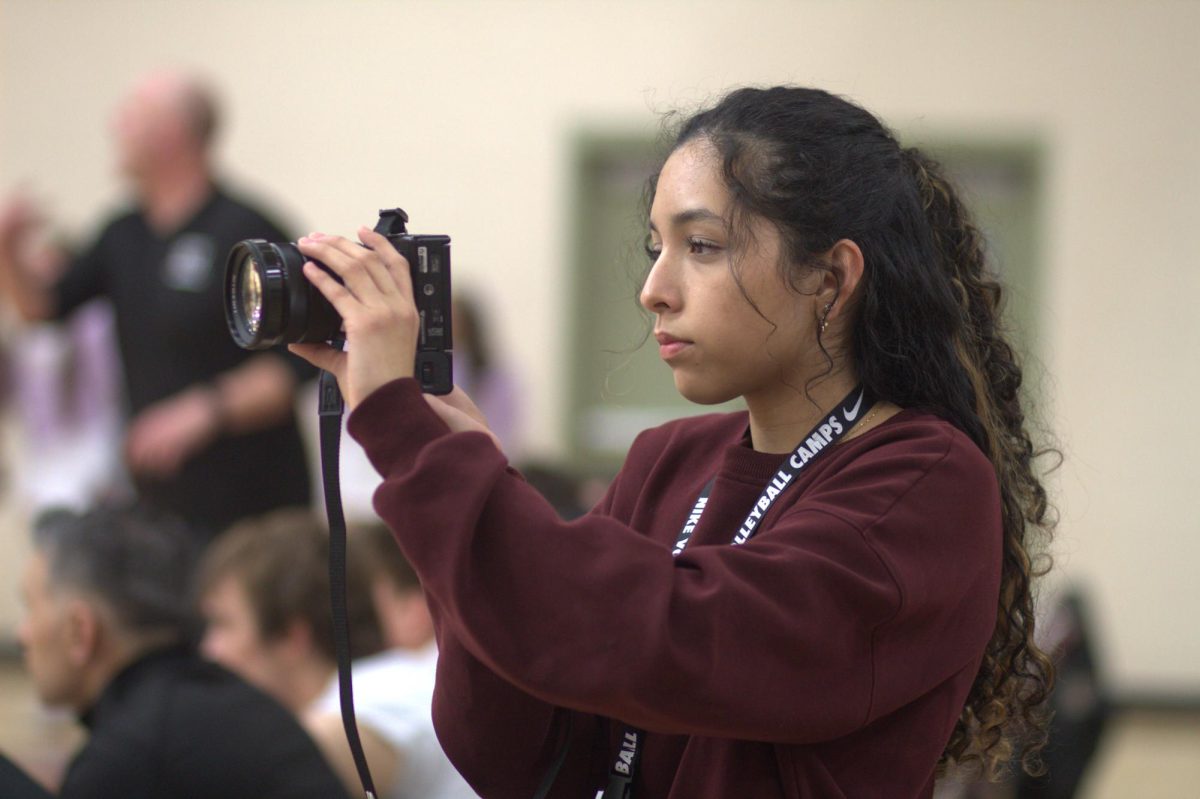Image provided by Fox Searchlight Pictures
Set in the lush paradise that is Hawaii, “The Descendants” is not a typical story of loss and acceptance. There is grief, which permeates the opening scenes as Matt King (George Clooney) explains in a voice-over how his wife Elizabeth (Patricia Hastie) is in a coma, but it accompanies a sense that, despite everything, life still goes on.
“The Descendants” tells the story of a man struggling to deal with his wife’s imminent death while becoming a parent to his two daughters, Scottie (Amara Miller) and Alexandra (Shailene Woodley), and while overseeing the sale of 25,000 acres of prime Hawaiian real estate that have been in his family since colonial times. Matt’s world is rocked once again when he finds out that his wife has been cheating on him, a revelation that pushes him to take his daughters and Alexandra’s irreverent stoner friend Sid (Nick Krause) on a trip to Kauai to find the man and confront him.
Though the darkness of his wife’s impending demise hangs over the film, there are moments that are surprisingly funny. Sid’s hilariously out of place comments and Matt’s thoroughly inept attempts at stalking his wife’s former lover add a lightness to the film that, given the weighty subject matter, is unexpected.
The second storyline of the movie, Matt’s struggle to decide whether or not to sell his family’s land, is predictable and uninteresting, though the family’s visits to the land lead to gorgeous shots of verdant Hawaiian hills, white beaches and azure water.
The film’s driving force is its cast; equipped with Clooney, Woodley and Robert Forster as Matt’s perpetually angry father-in-law Scott. Scenes that could have been thoroughly cliche are surprisingly subtle.
Clooney is at his best in this film. The complete opposite of the self-assured characters he has played in past movies like “Up in the Air” and “The American”, Clooney is lost and a little weary, walking with a slightly stooped, shuffling gait, which makes him highly relatable. His wardrobe, mostly Hawaiian shirts and sandals, the weight he gained and his unflattering haircut make his performance utterly sincere. This sincerity prevents scenes, like the one in which he confronts his comatose wife about her infidelity, from slipping into cliches; Clooney’s anger is palpable, but so is his hurt and regret. This approach, in which each character has many layers, keeps audiences engaged and ensures no character remains one-dimensional for long.
Woodley’s performance as Alexandra, the rebellious teen forced to grow up too quickly, is also engrossing to watch. Coming from the wooden television show “The Secret Life of the American Teenager”, she shows incredible depth in portraying a girl whose rocky relationship with her mother was never resolved before the accident. She is irreverent in all of the right ways, drinking, swearing, and lashing out, but it is clear that she is grieving. Her best scene in the entire film is when her father tells her that her mother’s coma is irreversible. She jumps into the pool and begins to cry underwater, heartbreaking, ugly sobs that show she is just a young girl attempting to deal with her mother’s death.
Though shot on location in the stunning Hawaiian Islands, this film manages to stay grounded. From Matt’s first words in the voice-over at the start of the film, it is clear that Hawaii, though beautiful, is not quite paradise. There are traffic jams, ugly homes and beaches that are not perfect and pristine, but this adds to the movie’s overarching sense of reality.
This attempt to remove all traces of Hollywood glamour from the film is apparent when the audience sees Elizabeth from close range for the first time; her lips are dry, her hair is limp, and her face is waxen and pale. In short, she looks exactly like she has been lying in a hospital bed for a month, and this honesty adds to the film’s sincerity.
With a run time of 1:55, the film tends to drag at the end as both storylines come to a close. The relaxed pace at which the move is shot, though interesting at first, comes off as sloppy editing toward the end, as scenes in which people confront Elizabeth at her bedside stretch on for much too long.
Laden with profanity, which earned the film its R rating, “The Descendants” is best suited for those 15 and older; younger children will not be able to enjoy the film’s dry sense of humor.
An oxymoron in itself, “The Descendants” is a funny film about loss; it takes the drama about the death of a loved one that viewers know so well and turns it into something refreshing and entirely unexpected.
By KAVYA PATHAK











